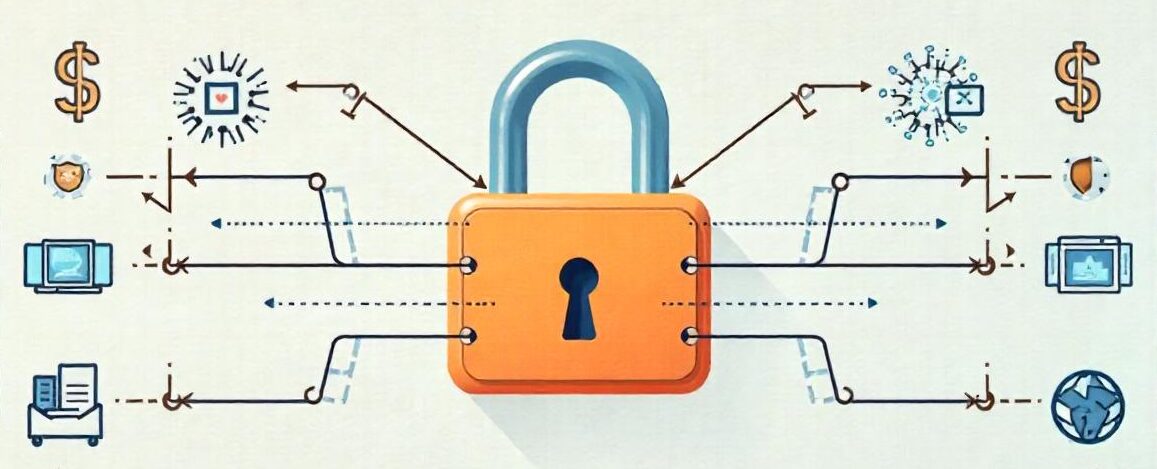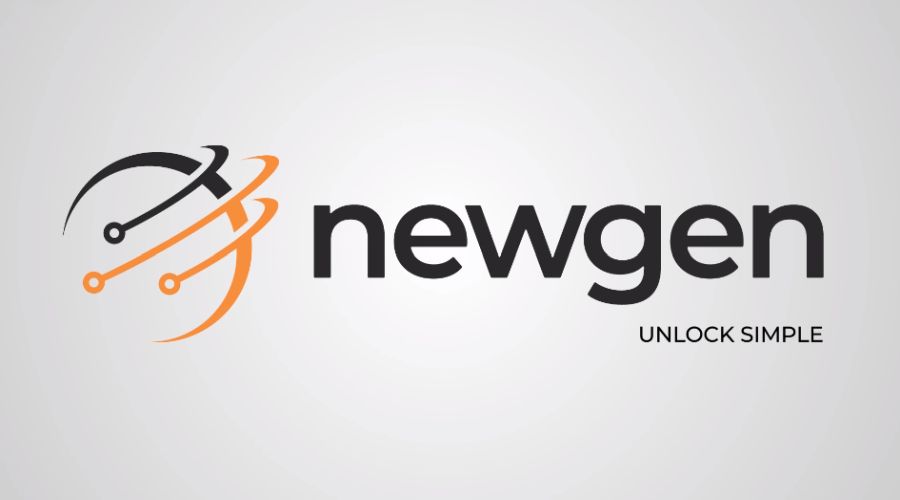Imagine a payment system in which a person’s identity, the amount sent, and the receiver’s information remain undisclosed. This is the level of privacy Zero-Knowledge Proof (ZKPs) offers within blockchain transactions.
While it is adequate to note blockchain improved decentralization and security over the years, the level of transparency provided poses a significant privacy threat. One can track the transactions of public ledgers like Bitcoin or Ethereum and ascertain who sent and received money.
This lack of privacy exposes users to financial spying, tracking, and even more concerning, cyber threats. ZKP relieves this problem of tracking and spying by allowing transactions to be verified without revealing sensitive details. It empowers blockchain users to validate a transaction while keeping every other detail undisclosed, thus achieving privacy and security.
This article focuses on how ZKP enhances privacy regarding blockchain transactions, its workings, real-life applications of ZKP, and the reasons contributing to it becoming a necessary tool in ensuring safe digital transactions.
Let’s dive in.
What is zero-knowledge proof?
Zero-knowledge verification (ZKP), in the simplest of terms, is a cryptographic protocol process that allows a sender and receiver to carry out transactions without revealing sensitive information. Unlike traditional banking systems where the sender’s information, the amount sent, the receiver’s information, the account number and many times the reference number.
So let’s break this down further with a typical finance discussion.
Scenario 1:
Imagine you walk into a high-end luxury store that requires customers to have at least $10,000 in their bank account before entering the VIP section. However, you don’t want to disclose your exact bank balance for privacy reasons.
Here is how Zero works in this situation:
Let’s say you enter an exclusive luxury shop where they only let you into the VIP section if you have at least $10,000 in your bank account. You’d rather not specify your net worth for privacy concerns.
Here’s how the zero-knowledge proof works in this case:

- Instead of displaying your bank statement, you utilize a new system that links up to your bank.
- The system verifies that you have sufficient funds—over $10,000 in this case—without actually disclosing your balance.
- The vendor accepts this verification and permits access to the VIP room. In the end, they do not know and don’t have the privilege of seeing how much cash you have.
How Zero-knowledge Proof Works in Blockchain Transactions:
This same idea is applicable in the blockchain world, just that it offers more anonymity
The prover (the person making the transaction) makes available the amount of assets they hold to make the requested transaction.
The verifier (the blockchain network) checks this proof while fully keeping the information concealed, like the exact number of assets held or the transaction amount.
The Need for Privacy in Blockchain Transactions
Public blockchains such as Bitcoin and Ethereum already have record-keeping features concerning attempted cyber threats, such as financial surveillance tracking. This information includes but is not limited to wallet addresses, timestamps, and transaction amounts. However, recording everything on a decentralized ledger raises the concern of financial privacy while security is guaranteed.
While Zero-Knowledge Proof helps conceal sensitive information by allowing transactions to be verified without revealing private details, these privacy-enhancing solutions are not enough for most financial institutions. The reason is, that exposing even the bare minimum amount of confidential client information is enough to cause concern with regards to regulatory compliance.
Therefore, businesses that employ blockchain systems for payroll, payments or even supply chain transactions find themselves between a rock and a hard place. On one hand, they can improve their services, and on the other hand, sensitive financial information risks falling into the hands of third-party competitors. Transparency further aggravates the issue, making it even more difficult for people who deal with everyday crypto transactions wherein their complete financial history is boldly put on display.
With growing concerns over data privacy and financial security, privacy-focused solutions are becoming essential for businesses around the world.
Real-World Applications of Zero Knowledge Proof in Blockchain
The improvement in privacy and security across a plethora of sectors is being enabled courtesy of Zero-Knowledge Proof (ZKP), which is aiding in revolutionizing the blockchain industry. Below are some of the practical uses:
- Private Cryptocurrency Transactions: Privacy-focused cryptocurrencies like Zcash use zk-SNARKS to verify a transaction while hiding the identity of the sender and receiver, as well as the amount being transacted. This specific feature is especially useful for individuals who desire secrecy while ensuring the credibility of the transaction.
- Decentralized Finance (DeFi): ZKP is being adopted by a substantial number of DeFi platforms to eliminate the need to reveal wallet balances or transaction histories during the process of lending, borrowing, or trading. This not only dramatically reduces the risks of front-running attacks but also greatly increases security for the users.
- Identity Verification: Know Your Customer (KYC), Anti-Money Laundering (AML) regulations, and other privacy-friendly services can now be easily accessed as users can willingly share limited details. Users can now use ZKP to claim they are eligible for a service, such as a over 18 years of age or having a good credit score.
- Enterprise Blockchain Solutions: Using ZKP, businesses track confidential supply chain operations, process payroll, and perform interbank settlements, preserving privacy while making full use of blockchain.
- Voting Systems: ZKP could allow for secure and anonymous voting using blockchain, ensuring all votes are counted without revealing who cast them.
Challenges and Limitations
While ZKP has boosted privacy in blockchains, its adoption is limited due to existing challenges and restrictions. Here are a few of the challenges it is currently facing:
- High Computational Costs: ZK proofs, especially zk-SNARKs and zk-STARKs, are highly intensive and costly while computing, which further increases the cost and time spent on each transaction in a blockchain as opposed to a traditional blockchain transaction.
- Scalability Issues: The procedures of generating and verifying ZK proofs are intricate; therefore, their adoption in proof-heavy blockchains comes at the cost of greatly decreased transaction speeds and increased network slowdowns.
3. Complex Implementation: The core of ZKP is extremely advanced, thus difficult to put into action, and a certain skill set is required. Because of this, many developers and blockchain projects refrain from utilizing it, lowering the adoption rate as a whole.
4. Regulatory Uncertainty: ZKP dealings, which focus on privacy, are likely to cause issues for regulators who need visibility for their anti-money laundering (AML) and financial compliance measures.
The Future of Zero-Knowledge Proof in Blockchain Privacy
The advancement of blockchain Zero Knowledge Proof promises faster, more scalable, and easily adoptable multi-layered blockchain privacy. Furthermore, as the world is getting more concerned about financial privacy, data security, and compliance, ZKP is emerging as a revolutionary technology for the new age of blockchain networks.
New layer 2 implementations and optimized proof generation methods are decreasing the capitalistic electives of ZKPs. Projects like Ethereum’s zk-rollups already apply zero-knowledge proofs to decrease the privacy and security tradeoff.
ZKP is likely to be significant in private DeFi transactions, confidential smart contracts, and secure enterprise blockchain solutions in the financial sector. In addition, governments and other regulatory organizations are also looking at ZKP and user privacy as a way to achieve transparency.
Conclusion
Without revealing any sensitive information, Zero-Knowledge Proof (ZKP) allows the verification of transactions like never before. As all constructions of a blockchain are traceable from its foundation, ZKP promises to be a pivotal solution in retaining sensitive information and upholding the blockchain’s credibility at the same time.
ZKP serves as a key instrument in the realm of decentralized finance and digital security, ranging from private cryptocurrency transactions and secure DeFi activities to identity verification and enterprise usage. Nevertheless, there are hurdles standing in the way, like high costs of computation, lack of scalability, and regulatory issues that need to be solved to use ZKP to its full potential.
ZKP is transforming, and with every new accomplishment in research, it has the potential to serve as the centerpiece for a privacy-first blockchain world. The future of privacy technology looks bright, as it will become more effective, scalable, and attainable over time. As high demand for confidential financial dealings escalates, Zero-Knowledge Proof will be instrumental in determining how safe and anonymous transactions can be executed in a blockchain network.
Read also: Top 6 Liquidity Pools in February 2025






